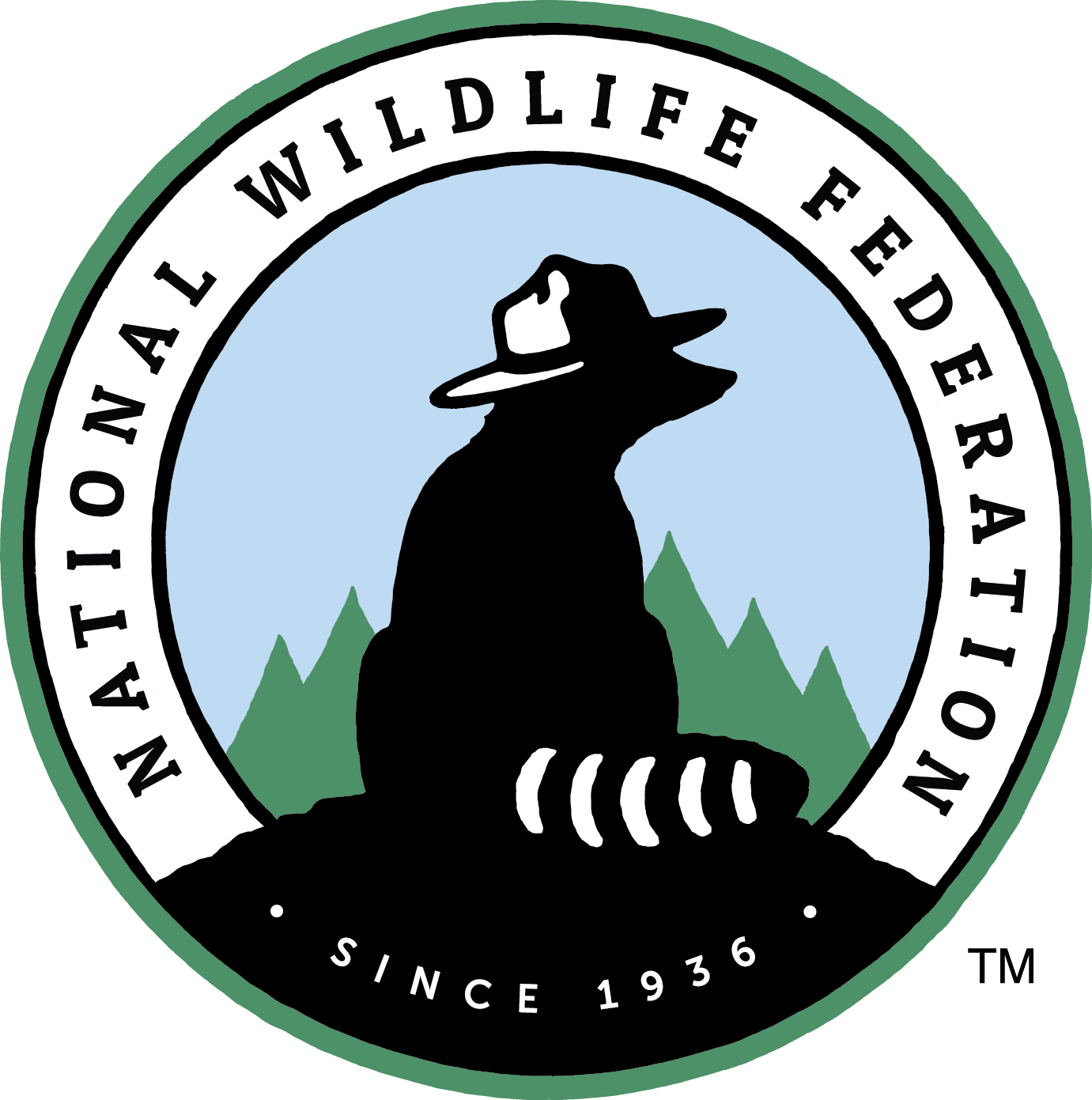Number 2020-02
WHEREAS, native wildlife, plants, and delicate ecosystems are an integral component of the traditional practices, values, and livelihoods of indigenous people on islands; and
WHEREAS, islands represent 5.3% of the earth’s landmass, but are home to more than 15% of all terrestrial species, 19% of global biodiversity, 1/3rd of critically endangered species and more than 60% of the world’s extinctions in the last 500 years; and
WHEREAS, endemic island species are most vulnerable to non-native and invasive mammalian predators such as free-roaming cats and dogs, rats, mongoose, and mice through impacts of disease, direct depredation, competition for resources, and destruction of ecosystem function; and
WHEREAS, non-native mammalian predators have contributed to 58% of all extinctions of native birds, mammals, and in the last 500 years – with cats and rodents alone as a factor in nearly 30% of global extinctions; and
WHEREAS, invasive predators can particularly decimate native species on islands, for example contributing to 78-94% declines over 20 years in native endemic seabird populations in Hawaiʻi, and ultimately over 86% of recorded extinctions linked to invasive species have occurred on islands; and
WHEREAS, entire ecosystems can be disrupted by non-native predators, from fox and rat depredation of native seabirds leading to shifts in vegetation and intertidal species communities in the Aleutian Islands, to the feline-dependent parasite, Toxoplasma gondii, affecting species from the ocean to the mountains, contributing to declines in critically endangered species such as the Hawaiian monk seal and the ʻalala, or Hawaiian o’opu; and
WHEREAS, controlling or eradicating rats and other damaging invasive mammals could prevent 41-75% of predicted island vertebrate population extinctions; and
WHEREAS, recognizing that feral and free roaming cats are also largely a human issue and require major changes in the norms for responsible pet ownership, progress needs to be made with pet owners, and other community groups, including rescue and welfare organizations on islands to stem the source of the problem; and
WHEREAS, understanding that humane, lethal removal of invasive predators on islands is necessary in some situations to ensure that natural habitats remain intact and healthy to prevent extinction; and
WHEREAS, there is currently a lack of registered and usable toxicants and humane kill traps for the removal of mammalian predator species, and effective removal strategies rely on the ability to use a variety of methods in shared locations to target all predators in a region (eg. cats, rats, mongoose, and mice all must be targeted with different methods as well as limiting their food resources); and
WHEREAS, invasive predators on islands should be a global conservation priority.
NOW, THEREFORE, BE IT RESOLVED that the National Wildlife Federation, at its Annual Meeting assembled June 12, 2020, hereby supports appropriately designed, targeted, and science-based efforts by government and conservation organizations to reduce and eliminate populations of non-native mammalian predators on islands to protect and restore biodiversity; and
BE IT FURTHER RESOLVED that the National Wildlife Federation urges passage and enforcement of local and state ordinances, and promotion of related actions to restrict free-roaming cat populations associated with human activities on islands, as well as supports education programs (such as American Bird Conservancy’s Cats Indoors Program) and common-sense rules to eliminate or reduce the impact of outdoor cat activity on native island species; and
BE IT FINALLY RESOLVED that the National Wildlife Federation calls for development of improved trapping and toxicant options and methods to remove mammalian invasive predators that are humane and that avoid secondary impacts to non-target species.
